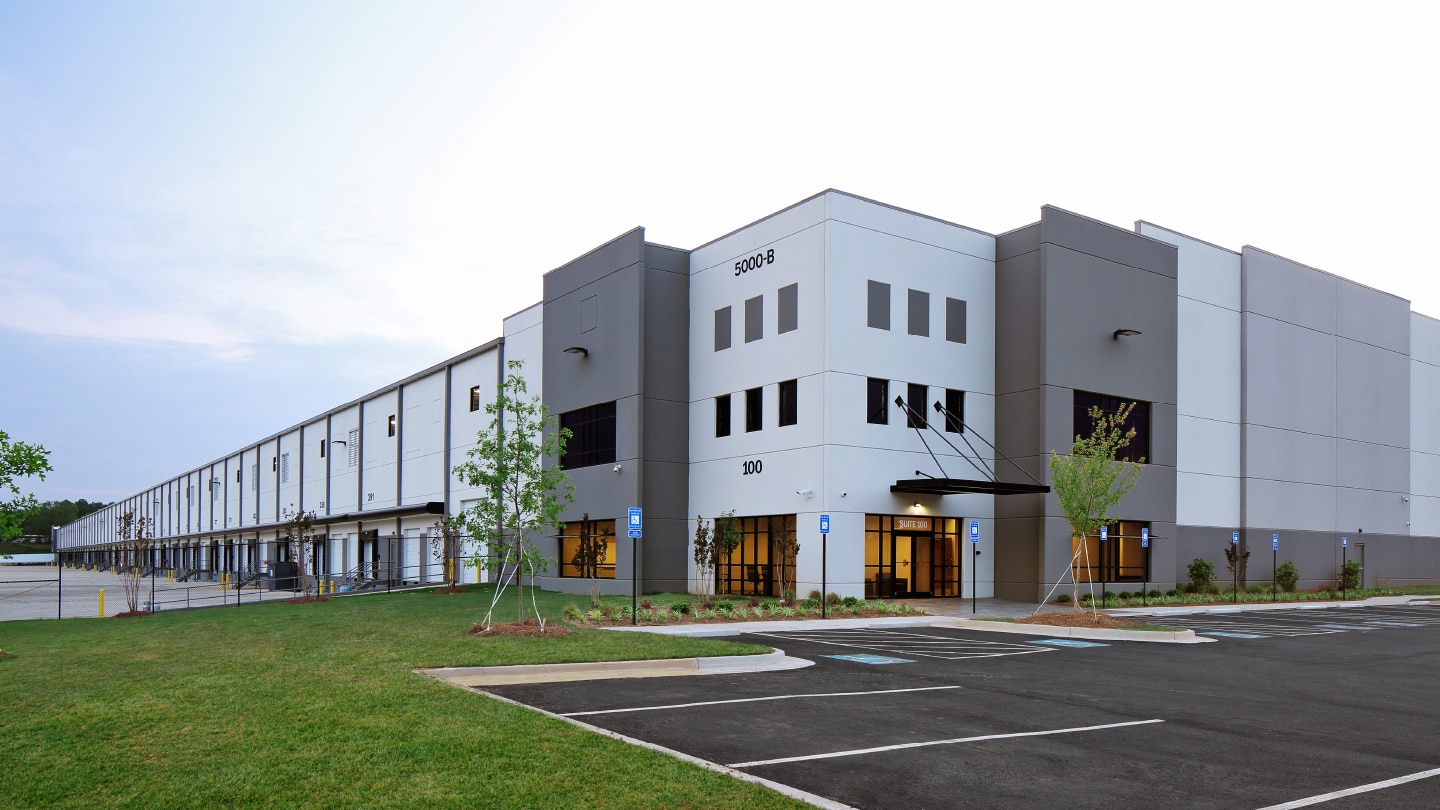
According to industry data, “Q2 2023 was the 23rd consecutive quarter of premium increases.” For the property market, continually increasing premiums, rising property values and, in some cases, issues with reinsurance capacity, have made for a challenging space indeed to make sound private equity (PE) investments. Noteworthy additional factors contributing to a continued hard market include:
More frequent and bigger claims.
The industry is handling more property claims than ever. What’s more, the bigger claims are even bigger: data shows that in the first half of 2023, commercial property claims costs increased by 30 percent year-over-year.
Changing weather patterns.
Storms – not just hurricanes, but freezes, tornadoes, flooding and hail events – are increasing in frequency and severity. The industry’s models and data often struggle to keep up as storms of increasing magnitude hit consecutively and in geographic areas that in years past would have likely gone unscathed.
Limited carrier capital.
Automatically, carrier books are bigger because their clients’ property values are up and premiums are up, so even if carriers don’t write new business the size of their property book overall is larger. They will be selectively growing their book with best-in-class – or the most insurable – risks.
Improvements have many long-range benefits
Making capital investments is a key way PE firms can boost resiliency of their property holdings in the face of this challenging environment. Doing so is arguably imperative for the long-term growth and value of the company as it can help prevent and address potential capacity and pricing issues in the future.
Firstly, making smart improvements will often result in better insurance. Because property insurance is not necessarily in abundance right now given the tough market, a best-in-class risk is likely going to have a more successful outcome of being insured and being insured at a more favorable price and terms.
Additionally, a firm will likely yield better returns on investment. The impacts of severe weather have changed the game and shifted risk, meaning properties that may have been considered a good buy years ago may not be now. From an investment perspective, firms should think about where their assets are and, if they aren’t in the best location and are susceptible to losses, recognize that may impact the sale if potential buyers have to make additional investments.
Four best practices for making capital improvements
When undertaking any improvement project, savvy PE firms should keep these four overarching best practices in mind:
Think holistically.
PE firms often make improvements to their property holdings. The trick is to make the right improvements. Thinking holistically about property improvements that could also impact workers’ comp or general liability outcomes is better bang for your buck. That is, some tweaks that get made may result in better loss experiences across all lines.
Lean on your insurance team.
Inviting your carrier into the process of making capital improvements early in the planning process can arguably save on having to retrofit things down the road. A carrier often has risk control teams who can help assess improvement plans and help a firm make more sound decisions, making suggestions that aren’t a material cost difference (i.e. position of sprinkler heads or shelving heights) but can have a huge impact on insurability. No firm wants to spend the time or money on a huge improvement project that may look sleek but with a few tweaks could have been a significantly better property risk to insure.
Consider contingency plans.
PE firms should be aware of business interruption needs for their portfolios and whether they are adequately insured if they have a claim on their property. Can they continue to manufacture? Where would they put excess stock? If operations are shut down, income shuts down.
Use size and scale.
PE firms have the potential to benefit their entire portfolio when making improvements by strategically looking at when the same contractors or plans for one project can be used more widely. Firms can often use their size and scale to decrease the amount of money they have to invest by going at it as a holistic entity versus each portfolio company doing their own upgrades.
The future won’t wait.
The market will eventually change, but this is not your typical hard market. The market will likely level out and soften a bit, but we likely won’t ever see a market like we did even five years ago. Changes in weather patterns and severity of storms are here to stay, so this isn’t a wait for pricing to go down. PE firms should listen seriously to their carriers concerns about insurability and heed their recommendations for property improvements. Doing so – thinking holistically about aggregating the risk of your portfolio into capital improvements – can have long-term benefits that directly impact the resiliency and value of an investment.
To learn more about how Liberty can help private equity firms manage risk and grow, visit our private equity page.
Get in touch
Our commercial and specialty insurance products and services are distributed through brokers and agents. If you are interested in our solutions for your business, please contact your agent or broker. If you are an agent or broker, please reach out to our team for more information.

Amy Gross
Boston, MA
Featured insights
This website is general in nature, and is provided as a courtesy to you. Information is accurate to the best of Liberty Mutual’s knowledge, but companies and individuals should not rely on it to prevent and mitigate all risks as an explanation of coverage or benefits under an insurance policy. Consult your professional advisor regarding your particular facts and circumstance. By citing external authorities or linking to other websites, Liberty Mutual is not endorsing them.



